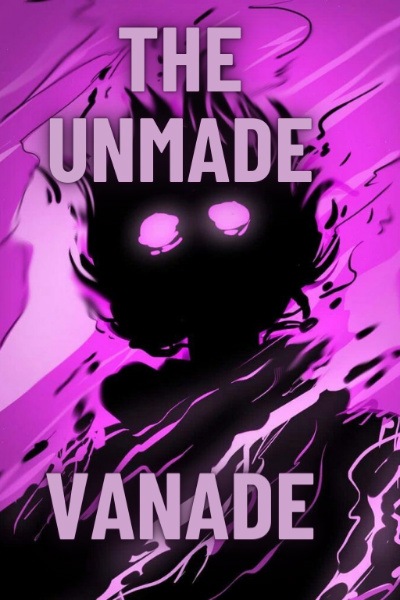

THE ROAD NOT TAKEN FROST FREE
The ambiguity stems from free choice vs determinism, and whether the speaker in the poem chooses the off-the-beaten-path route intentionally or just because he doesn’t like the road with the bend in it.

If life is a trip, this poem illustrates the points at which a decision must be taken. “The Road Not Taken” is an ambiguous poetry that invites the reader to consider life’s options, such as whether to follow the crowd or go it alone. A Summary of Robert Frost’s The Road Not Taken “The Road Not Taken” was initially published in The Atlantic Monthly in August 1915 and was then republished as the first poem in his poetry book Mountain Interval the following year. Frost and Thomas enjoyed trekking together, and Thomas frequently had difficulty deciding which path to choose.įrost originally read it to a group of college students, who, to Frost’s astonishment, believed it was a very serious poem. It was written as a joke for Frost’s buddy, Edward Thomas, in 1915. “The Road Not Taken” is a narrative poetry, which means it recounts a tale. We’re here to assist you in developing a greater understanding of “The Road Not Taken.” Because he’s so well-known, you’ve probably heard “The Road Not Taken” before. That is why he won’t simply ‘tell’ it – he will ‘be telling’ it as if it is something he needs to repeat endlessly to himself and others as he comes to terms with what he did when faced with the choice.Because Robert Frost is undoubtedly one of the most well-known American poets of all time, it’s no surprise that his work is taught in high schools and universities across the country. Why else would the speaker feel the need to ‘tell’ this tale far into the future? It could be because the choice might have had far-reaching consequences, but it could also be because he thinks he will feel the need to tell it, to explain himself, to justify the way he has got from A to B. However we see it, this poem is clearly about the choices we make, but it seems to me as much about the retrospective spin and justification we like to put on them as it is about any simple imperative to take ‘the road less traveled’. Was there really any difference between the roads? Which is the road referred to in the title, the road which really concerns him? And can we be absolutely sure that things have turned out well? So, it’s not as simple as most like to make it. Does ‘The Road Not Taken’ refer to the road he took, the one ‘less traveled by’ and the one that fewer have chosen to take? Or does it refer to the road the speaker chose not to take, the one he kept for another day, even though he knew it was unlikely he would return to take it? In other words, is he preoccupied about the road he did take or the road he didn’t take? It was ‘grassy and wanted wear’, and yet we are also told that there wasn’t really much difference between them, that they were equally untrodden – ‘the passing there/Had worn them really about the same’.Īnd the most significant thing I don’t get about the poem is the title.

The one he took is described as ‘less traveled’. The second thing I don’t get is whether there really was any difference between the paths. Does that dash after ‘I’ in line 18 indicate emphatic repetition or hesitant uncertainty? Is the speaker expressing pride and relief, or is he expressing disappointment? The speaker will be telling this ‘with a sigh’, but sighs can be of regret as well as relief. While most see it as a difference for the better, it can also, surely, be seen as a difference for the worse. The first thing I don’t get about the poem is what the ‘difference’ is that this choice has made. There are three things about the poem, though, that I don’t quite get and that leave me thinking that Frost can’t intend the matter of choice to be that simple. Most people see this as a recommendation to take this particular road and use it as the starting point for those graduation speeches and school assemblies. That, we are told, has made ‘all the difference’. Faced with two roads, he couldn’t decide which one to take but, after some hesitation, he opted for the ‘one less traveled by’. The speaker recalls a time when he came to a fork in the road he was travelling in a wood. On first reading, this seems straightforward enough. The idea comes from Robert Frost’s famous poem: ‘Take the road less travelled’ is the stuff of a thousand graduation ceremonies and school assemblies, a neat poetic expression of the idea that sometimes we shouldn’t follow the path that others have trod but be brave enough to make the unconventional choice.


 0 kommentar(er)
0 kommentar(er)
